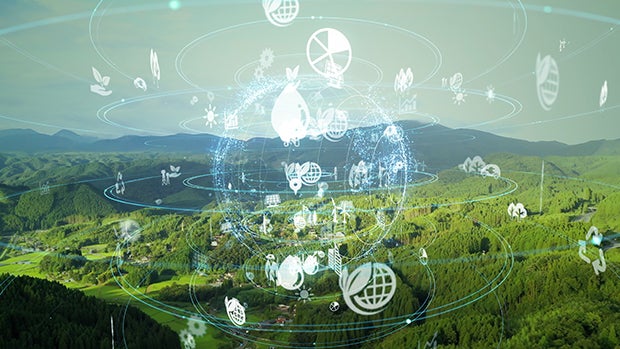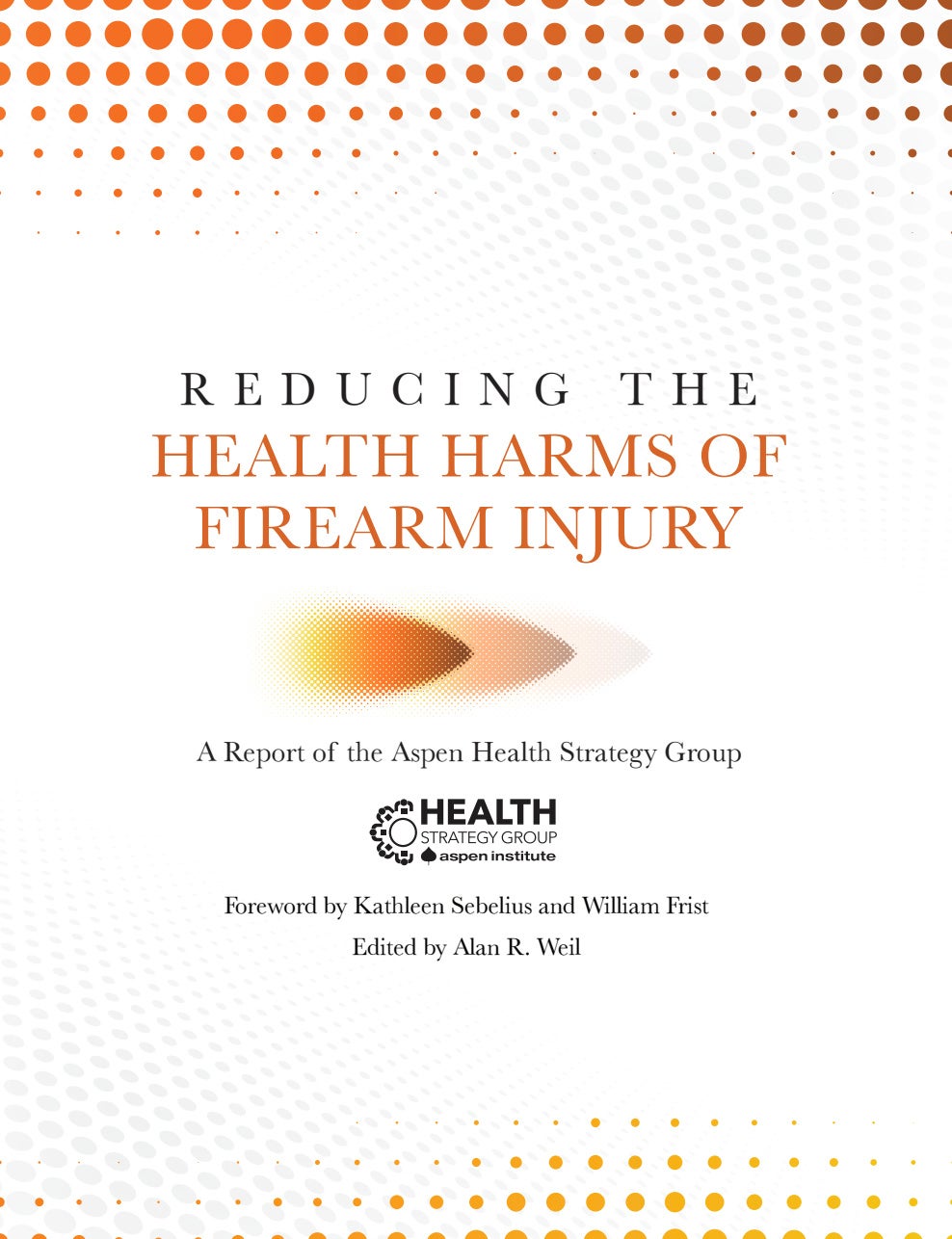The new Omicron variant is currently sweeping across Europe and overwhelming many hospital systems. It has spurred a record-breaking number of Covid-19 cases in New York City. Meanwhile, disinformation about the virus and vaccines continues to run rampant on social media.
As the world grapples with a new set of pandemic-related unknowns, the Aspen Institute recently hosted a series of virtual events where public health leaders addressed everything from variants and vaccine immunity to how to build trust during a time of scientific uncertainty.
For his leadership of the nation’s largest municipal hospital system throughout the pandemic, Dr. Mitchell Katz, president and CEO of NYC Health + Hospitals, was honored with the Institute’s Preston Robert Tisch Award. During the award ceremony, Dr. Katz shared that every city needs a strong public hospital system composed of hospitals, community-based centers, and home-based service providers that are known and trusted by communities. He gave an example from New York. “Elmhurst Hospital is in the middle of a large immigrant community,” Katz said. “People were born there, went there when they were sick, and the hospital went from zero Covid patients to 3,700 in six weeks. It never ran out of ICU beds because we worked with local leadership to build more ICU capacity and have the right staffing to support them.”
This is a lesson the Science & Society Program understands. Trust is also a key part of messaging during a crisis like the pandemic. To ensure that public health messages are heard and believed, they should come from individuals who reflect the community and understand its context, history, and challenges. It’s also important to acknowledge that many communities have been impacted by structural racism, trauma, and societal impediments that have created mistrust in medical and public health systems.
It is apparent that the pandemic has tested the country’s medical literacy—and that many Americans don’t understand how science works. Rather than taking the advice of public health leaders on blind faith, “trust in science” means believing in the scientific methodology of information gathering, research, and consensus-building. “When uncertainty gets played out in public, and it’s a matter of life and death, people get confused,” said Dr. Lee McIntyre, author of How to Talk to a Science Denier. “Most people, even those who trust in science, think it’s about proof. But it’s not about proof––it’s about likelihood given the evidence.”
This is why public health officials must communicate uncertainty and express humility. Rather than overstating that something is “proven,” public health leaders should speak about probability and likelihood, and explain why advice, guidance, and recommendations change based on new evidence. Scientists have just as many questions as the general public. To build trust, public health leaders should be transparent about what is known based on data and evidence, what is still not understood, and how the scientific process is being leveraged to find answers.
Both misinformation and disinformation also contribute to scientific mistrust. The two have an escalating effect, especially during a time of crisis and uncertainty. To combat their impact, the US must focus on de-platforming creators of disinformation; better understanding the political, ideological, and financial motives for spreading disinformation; and making more regulatory and legislative decisions related to how information is shared on social media.
Disinformation and distrust aren’t the only issues at play. The spread of the Omicron variant is a result of both vaccine hesitancy and vaccine inequity. While affluent countries have focused on innoculating their own populations, shortages in other parts of the world are making it possible for new variants to emerge, upending progress against the pandemic. As Dr. Onyema Ogbuagu, an infectious disease specialist at the Yale School of Medicine, said, “We need to learn something from Omicron—as a global community.”


